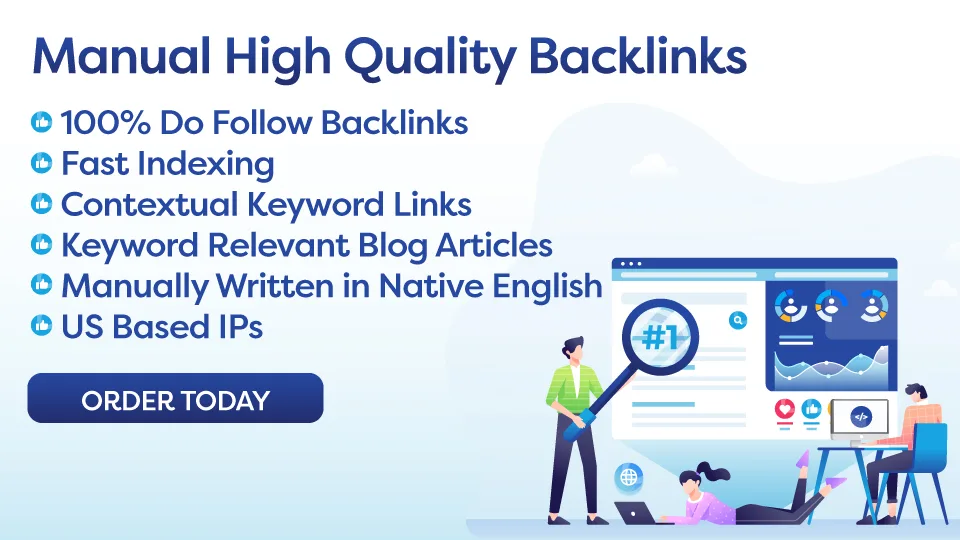On-page SEO for Small Websites: Essential Tips for Search Ranking Success
In today’s digital age, having a strong online presence is crucial for the success of any business, especially for small websites. With the vast amount of competition on the internet, it is important for small websites to optimize their on-page SEO in order to stand out and rank higher in search engine results. On-page SEO refers to the elements that can be controlled and optimized on a website to improve its visibility and relevance to search engines. In this article, we will discuss some essential on-page SEO tips specifically tailored for small websites looking to compete in search rankings.
The Importance of On-page SEO for Small Websites
Many small businesses and websites often overlook the importance of on-page SEO, thinking that it is only necessary for larger companies with bigger budgets. However, this is a common misconception. On-page SEO is equally important for small websites as it is for larger ones. With proper on-page optimization, small websites can not only improve their search engine rankings but also drive more organic traffic, increase conversions, and ultimately, grow their business.
Keyword Research and Optimization
One of the first and most crucial steps in on-page SEO is keyword research. This involves identifying the keywords and phrases that your target audience is using to search for products or services similar to yours. Once you have a list of relevant keywords, strategically incorporate them into your website’s content, title tags, meta descriptions, and URLs. However, it is important to avoid keyword stuffing, as this can negatively impact your rankings. Instead, focus on creating high-quality, relevant content that naturally incorporates your target keywords.
Optimize Your Title Tags and Meta Descriptions
Title tags and meta descriptions are the first things that users see when they come across your website on search engine results pages (SERPs). They play a crucial role in attracting potential customers and convincing them to click on your website. Therefore, it is important to optimize these elements by including your target keywords and creating compelling, concise descriptions that accurately reflect the content on your website.
Utilize Internal and External Links
Internal and external links are important for both user experience and search engine rankings. Internal links help to connect your web pages and improve the overall structure of your website, making it easier for search engine crawlers to index your content. Additionally, they provide users with a seamless navigation experience. External links, on the other hand, can help to boost your website’s credibility and authority. Be sure to use relevant, quality links in your content to improve your on-page SEO.
Optimize Your Images
Images are an important part of any website, and it is essential to optimize them for on-page SEO. Use descriptive alt tags and file names that include your target keywords. This not only helps search engines understand the content of your images but also improves accessibility for visually impaired users.
Conclusion
In conclusion, on-page SEO plays a crucial role in the success of small websites. By implementing these essential tips, small businesses can improve their search engine rankings, attract more organic traffic, and ultimately, grow their business. With proper on-page optimization, small websites can compete with larger companies and establish a strong online presence.
FAQ:
Q: What is on-page SEO?
A: On-page SEO refers to the elements that can be controlled and optimized on a website to improve its visibility and relevance to search engines.
Q: Why is on-page SEO important for small websites?
A: On-page SEO is crucial for small websites as it can help improve search engine rankings, drive more organic traffic, and increase conversions.
Q: How can I optimize my website’s images for on-page SEO?
A: Use descriptive alt tags and file names that include your target keywords to optimize your website’s images for on-page SEO.

